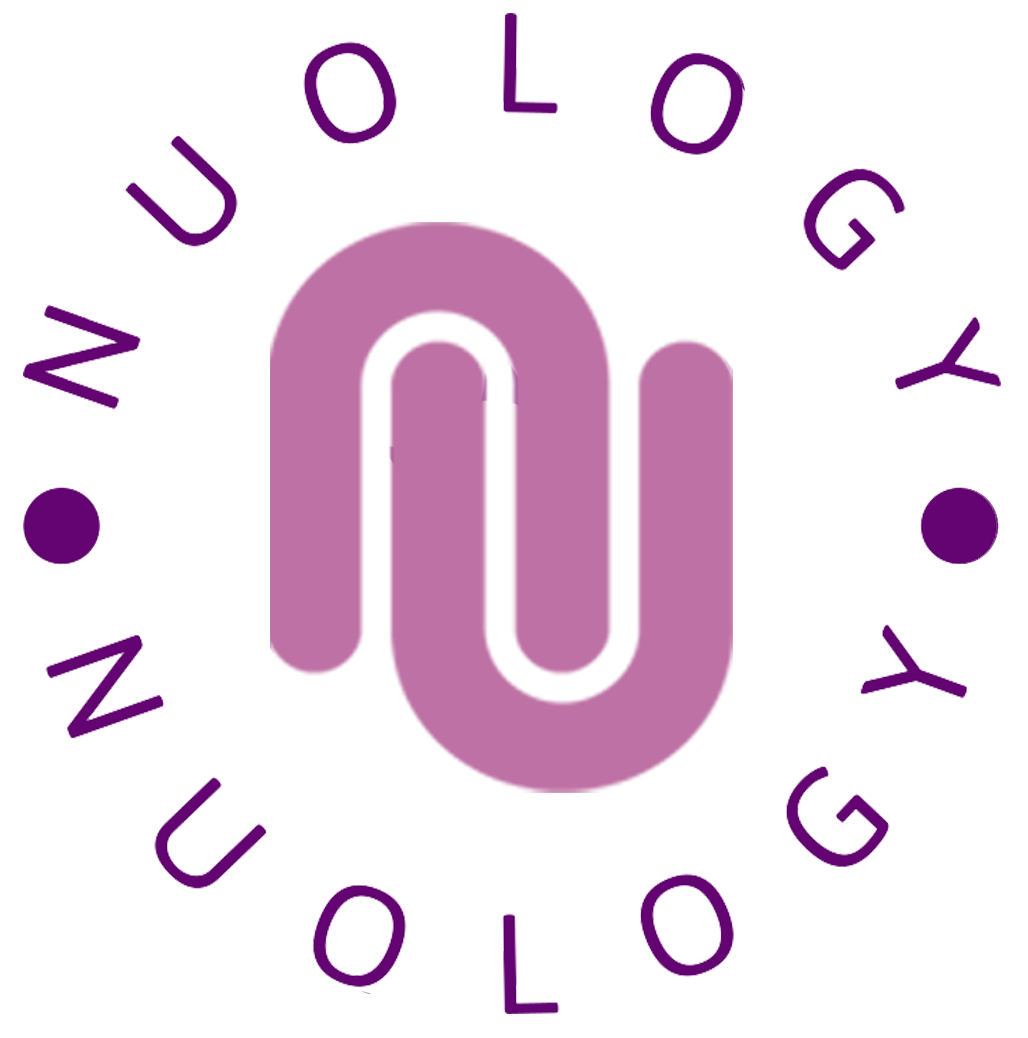Our Approach is Contemporary and Inclusive
Nuology is committed to delivering excellence through the diversity of our people, diversity of thought and respectful disruption to the status quo.
Our approach to learning is contemporary and inclusive. Not only do we deliver a custom built syllabus of vocational relevance we underpin learning through table top exercising to ensure our learners can apply their new knowledge to the workplace environment.
We reinforce the learning process through structured tabletop exercises from Level 1-5, which enable learners to apply their acquired knowledge effectively within their workplace environments. This combination of customised curriculum and practical application fosters a deeper understanding and equips our participants with the skills necessary for success in their professional practice.
Tabletop exercises are increasingly recognised as an effective training methodology that can significantly enhance the learning experience. By simulating real-world scenarios in a controlled environment, these exercises provide participants with opportunities to apply their knowledge and skills while reinforcing key concepts. Here are several benefits of incorporating tabletop exercises, particularly in the context of Nuology training programs:
1. Enhanced Retention of Knowledge:
Tabletop exercises promote active engagement with the material, which has been shown to improve knowledge retention compared to traditional passive learning methods. When learners participate in scenario-based discussions, they are more likely to remember the concepts and strategies discussed.
2. Work Based Application:
One of the core benefits of tabletop exercises is their ability to bridge the gap between theory and practice. At Nuology, we guide learners through challenging scenarios that mirror real work situations. This hands-on approach allows participants to practice applying their skills and knowledge in a safe environment, translating their learning into actionable strategies for their workplaces.
3. Critical Thinking and Problem-Solving Skills:
Tabletop exercises encourage participants to think critically and creatively as they navigate complex scenarios. By simulating challenges, learners are prompted to analyse situations, make decisions, and consider the consequences of their actions. This not only improves problem-solving skills but also builds confidence in their ability to tackle similar issues in real life.
4. Team Collaboration and Communication:
These exercises also foster collaboration and enhance communication among team members. By working together to address simulated challenges, participants learn to share perspectives, negotiate solutions, and develop a collective response strategy. This team dynamic is essential in nurturing a collaborative culture in the workplace.
5. Immediate Feedback and Reflection:
One of the key advantages of tabletop exercises is the opportunity for instant feedback. Participants can reflect on their decisions and the outcomes in real-time, allowing for immediate adjustments and improvements. This reflective process is critical for deepening understanding and reinforcing learning.
6. Building a Culture of Preparedness:
Incorporating tabletop exercises into training programs helps organisations cultivate a culture of preparedness. By regularly engaging in these scenarios, teams become more adept at anticipating challenges and responding effectively. This proactive approach not only improves individual performance but also enhances overall organisational resilience. Nuology’s commitment to embedding challenging tabletop exercises in our training programs directly supports learners in translating their insights into practical application within their work environments. Through enhanced retention, real-world application, critical thinking, and improved collaboration, participants emerge from these experiences better equipped to drive success in their roles.

